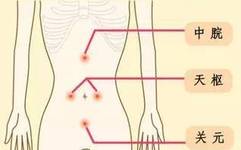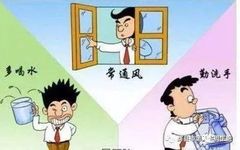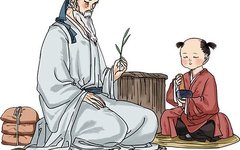Characteristics of Blood Stasis and How to Regulate It
The causes of blood stasis (xue yu) are varied, so what are the general characteristics of blood stasis? How should it be regulated? There are many methods to improve blood stasis, but it does not mean that anything can be used to improve it. Blood stasis, as a common condition, may be a sequela of … Read more







